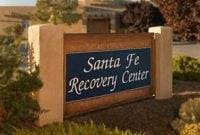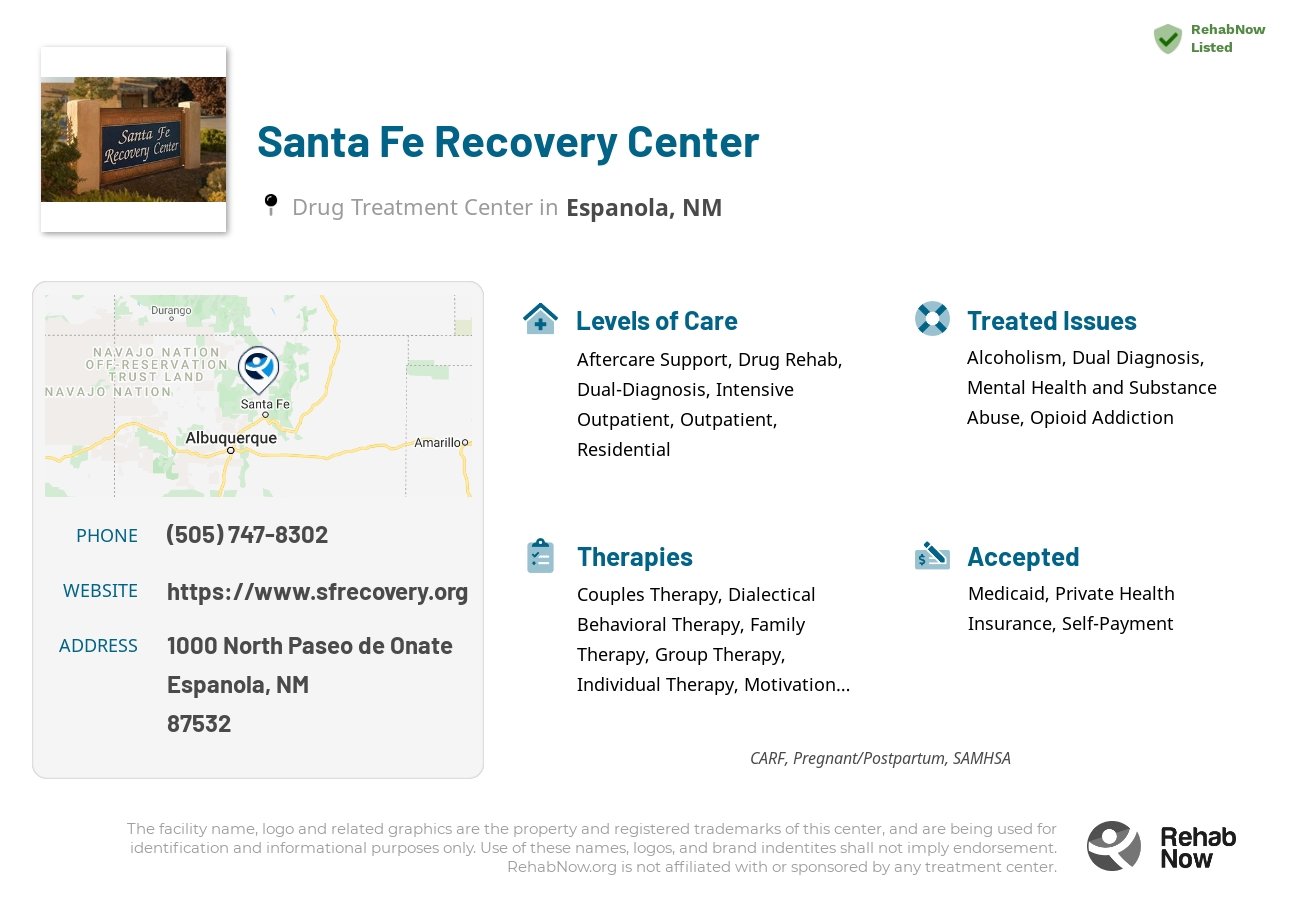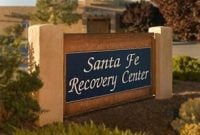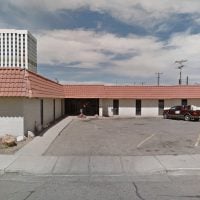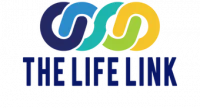Santa Fe Recovery Center
Drug Rehab Center in Espanola, New Mexico
Santa Fe Recovery Center is a highly-rated addiction treatment facility that provides evidence-based services for adults and adolescents, individualized treatment plans, a variety of therapeutic activities, and uses state-of-the-art facilities, accredited by The Joint Commission.
About Santa Fe Recovery Center in New Mexico
Santa Fe Recovery Center is an addiction treatment facility located in Espanola, New Mexico. Established in 2005, this center specializes in offering comprehensive treatment to individuals suffering from alcoholism, drug addiction, dual diagnosis, and opioid addiction. Santa Fe Recovery Center is accredited by the Commission on Accreditation of Rehabilitation Facilities (CARF) and the Substance Abuse and Mental Health Services Administration (SAMHSA), ensuring high-quality and evidence-based care for their patients. They accept private health insurance, making their services accessible to a wide range of individuals seeking help.
At Santa Fe Recovery Center, individuals can expect a range of treatment options tailored to their unique needs. Their services include aftercare support, drug rehab, dual-diagnosis treatment, intensive outpatient programs, outpatient programs, and residential levels of care. Whether someone is in need of a structured residential program, ongoing outpatient support, or a combination of both, Santa Fe Recovery Center offers a continuum of care to meet individual needs. Their dedicated team of professionals provides comprehensive assessments, individualized treatment plans, therapy sessions, group counseling, and education on relapse prevention and coping skills. With a focus on holistic healing, they incorporate various evidence-based therapies and techniques to address not only the addiction but also the underlying mental health issues contributing to substance abuse. Santa Fe Recovery Center is committed to helping individuals achieve long-term recovery and regain control of their lives.
Genders
Ages
Modality
Additional
Accreditations
SAMHSA

CARF
The Commission on Accreditation of Rehabilitation Facilities (CARF) is a non-profit organization that specifically accredits rehab organizations. Founded in 1966, CARF's, mission is to help service providers like rehab facilities maintain high standards of care.
Conditions and Issues Treated
Treatment for opioid addiction is best made with the help of medical professionals who are experienced in dealing with these types of drugs. This treatment can involve medications, exercise, behavioral therapy, and counseling sessions. It is important to note that the effectiveness of treatments for opioid addiction vary, so it is vital to research which treatment options are suitable for each individual.
Many people who struggle with opioid addiction need to attend specific programs like methadone , Suboxone or Vivitrol clinics.
These types of programs will provide the patient with legal, prescription medications that can help them overcome their cravings for illegal opioids like heroin or fentanyl . If the patient has a chronic condition like Hepatitis C, they must undergo treatment before they can begin taking these medications.
Individuals who are addicted to drugs and/or alcohol often have one or more co-occurring mental health disorders. Addressing both the addiction and the mental health problems at facilities like Santa Fe Recovery Center can be very beneficial for these individuals.
Common mental health conditions that often co-occur with addiction include:
- Anxiety Disorders – People with drug and alcohol problems often suffer from anxiety disorders such as panic disorder, obsessive-compulsive disorder, social anxiety disorder, and generalized anxiety disorder.
- Depression – One of the most common mental illnesses co-occurring with addiction is major depressive disorder.
- Attention-deficit hyperactivity disorder (ADHD) – Many people with drug and alcohol problems also suffer from ADHD.
- Bipolar Disorder – People with bipolar disorder are more likely to suffer from drug and alcohol problems than the general population, and vice versa.
Levels of Care Offered
This center offers a variety of custom treatment tailored to individual recovery. Currently available are Aftercare Support, Drug Rehab, Dual-Diagnosis, Intensive Outpatient, Outpatient, Residential, with additional therapies available as listed below.
An intensive outpatient treatment program, or IOP, is set up for those struggling with an addiction to begin the recovery process. However, the patient will not live at the facility during treatment.
IOP involves patients coming in and out of a medical office building regularly to receive therapy and other services while continuing their life outside of these visits.
IOP is a step up from drug detoxification or alcohol detox. However, it’s still considered a phase of recovery rather than the ultimate goal. There are many rehabs and treatment facilities available to patients in need of IOP.
Outpatient treatment can be considered the lowest intensity level of addiction treatment in Espanola, NM. It is ideal for early phase addiction or lower intensity addictions. Santa Fe Recovery Center peer group support, 12-step programs, and individual counseling are likely to be involved.
Residential treatment programs are those that offer housing and meals in addition to substance abuse treatment. Rehab facilities that offer residential treatment allow patients to focus solely on recovery, in an environment totally separate from their lives. Some rehab centers specialize in short-term residential treatment (a few days to a week or two), while others solely provide treatment on a long-term basis (several weeks to months). Some offer both, and tailor treatment to the patient’s individual requirements.
Aftercare support is vital to those who have completed a drug or alcohol treatment program. This support comes in individual and family counseling, treatment of psychiatric and other medical conditions, and medications to reduce cravings. It helps recovering addicts adjust to normal day-to-day activities and can last for a year or longer.
The majority of drug and alcohol addicts who receive aftercare treatment do not relapse. It is estimated that without aftercare, the relapse rate will be between 70 to 90 percent for most people. Aftercare is the final stage in addiction recovery, but it will also help maintain sobriety if relapse does occur.
Therapies & Programs
Individual therapy is ideal for addicts who want to focus on themselves. It can also be helpful for those whose withdrawal symptoms are exacerbated by the presence of other people.
Benefits of individual therapy are:
- Access to a personalized treatment plan that focuses on the individual needs of the addict
- More privacy during treatment sessions
- Better personal development through introspection
- Increased self-awareness regarding addictive tendencies in order to avoid relapse
- Greater potential for a long-term recovery plan
- Receiving professional advice and detox assistance from medical staff
Couples therapy is a treatment method used to help couples in which at least one member of the couple has a drug addiction. Couples therapy can be used whether the addicted partner is using drugs or in recovery. An additional benefit of couples therapy is that it can help make other types of treatment, such as 12-step programs, more effective.
Family therapy can help you and your family deal with old issues that may trigger substance abuse. The idea behind family therapy for drug addiction is that you are never fully healed from substance abuse until you’ve healed your relationship with your family, too. To get sober, you need to find a different way to cope with the pain in your life.
This is when a group of people in various stages of recovery meet up and discuss their experiences, triggers, successes, failures, and even alternative therapies! Unlike support groups where everyone already knows each other, group therapy is conducted along side outpatient or inpatient treatment at Santa Fe Recovery Center.
Dialectical Behavior Therapy (DBT) is used by drug treatment centers across the United States to help drug addicts become sober. DBT is a type of Cognitive Behavioral Therapy (CBT) that combines traditional behavioral treatments with elements from DBT, including dialectics, distress tolerance, and interlocking issues. Some of the negative behaviors associated with addiction, such as impulsivity and mood swings, are addressed in DBT, while others like craving and isolation are not. It is commonly used to treat Borderline Personality Disorder (BPD) along with substance abuse disorders.
The four DBT modules are mindfulness, interpersonal effectiveness, emotion regulation, and distress tolerance:
- Mindfulness helps recovering addicts learn to identify and experience their emotions while realizing that they are not permanent.
- Interpersonal Effectiveness includes assertiveness, asking for what you need, and saying no while improving communication skills.
- Distress Tolerance has recovering addicts learn how to tolerate distress at the moment and avoid resorting to substance abuse.
- Emotion Regulation is used to identify, express and change emotions.
CBT is a psychotherapy approach and method. [ws-nap-name] people to examine how their thoughts, including habitual harmful and inaccurate thinking, affect their actions. CBT is based on the idea that rigid, inflexible thinking leads to poor stress management, which leads to emotional distress.
Similarly, CBT helps people identify and change negative behaviors. It makes you question your perceptions and ask if they are realistic. CBT asks people to examine their behaviors and emotional responses and how they affect their lives. CBT aims to change people’s thinking and behavior to lead a more balanced and healthy life.
Moreover, CBT has been shown to reduce anxiety disorders, depression, and symptoms associated with harmful thoughts or actions.
Payment Options Accepted
For specific insurance or payment methods please contact us.
Is your insurance accepted?
Ask an expert, call (888) 674-0062
Additional Details
Specifics, location, and helpful extra information.
Espanola, New Mexico 87532 Phone Number(505) 747-8302 Meta DetailsUpdated November 25, 2023
Staff Verified
Santa Fe Recovery Center Patient Reviews
There are no reviews yet. Be the first one to write one.
Espanola, New Mexico Addiction Information
New Mexico has been one of the leading states in the nation when it comes to drug and alcohol use, abuse, and addiction. Opioids are responsible for over 60% of all drug-related overdoses in New Mexico. Alcohol-related deaths in New Mexico are the highest in the nation and almost twice the national average since 2000.
The drug addiction problem in Espanola, New Mexico, is relatively bad. According to the statistics, about 9.5 percent of people in Espanola use illicit drugs, and about 5.8 percent of people misuse prescription drugs. Heroin is the most commonly reported primary drug among treatment admissions in the area, followed by methamphetamine. There are many top-rated drug and alcohol treatment centers in the city that can help you overcome addiction.
Treatment in Nearby Cities
- Taos, NM (40.0 mi.)
- Tucumcari, NM (144.8 mi.)
- Crownpoint, NM (117.9 mi.)
- San Fidel, NM (106.3 mi.)
- Bernalillo, NM (55.2 mi.)
Centers near Santa Fe Recovery Center
The facility name, logo and brand are the property and registered trademarks of Santa Fe Recovery Center, and are being used for identification and informational purposes only. Use of these names, logos and brands shall not imply endorsement. RehabNow.org is not affiliated with or sponsored by Santa Fe Recovery Center.
